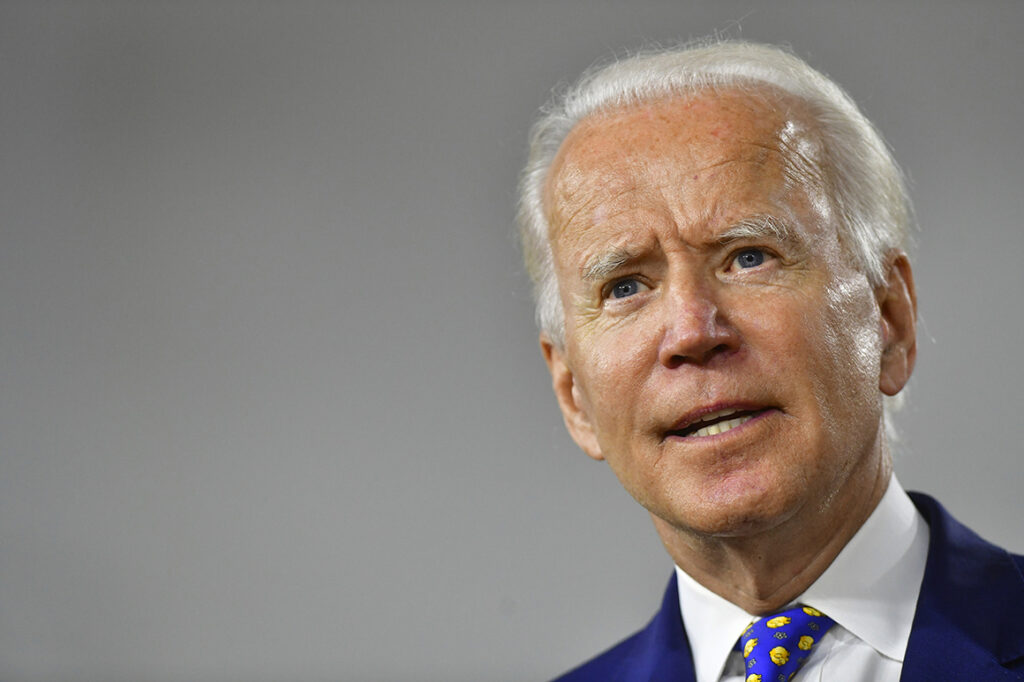Boycotts already levied on Russia over Ukraine have not deterred the Kremlin.
In 2021, during a meeting with Vladimir Putin, Joe Biden issued a warning regarding “devastating consequences” if Alexei Navalny died in Russian custody.
Fast forward to Navalny’s sudden death in a Russian penal colony, Biden pointed out the warning delivered three years ago, emphasizing that Putin had already faced significant repercussions in the intervening period.
Consequences of Putin’s Actions:
Biden highlighted the consequences Putin has faced, including losses in the Ukrainian war with 350,000 troops dead or wounded and extensive sanctions imposed on Russia.
He mentioned that the US and allies are considering further actions in response to Navalny’s death.
Challenges in Responding:
Despite the rhetoric, it’s unclear what options Biden has in response to Navalny’s death. The consequences listed primarily stem from Putin’s own actions, such as the invasion of Ukraine, rather than specific repercussions for Navalny’s treatment.
While damaging to Russia, these consequences have not significantly weakened Putin’s regime or halted the invasion.
Dilemma for Western Leaders:
Biden and allied leaders are now confronted with the challenge of devising measures that would effectively influence the Kremlin.
While military aid to Ukraine has been crucial in resisting the invasion, ongoing support is threatened by political dynamics in the US Congress, where Republican leadership, aligned with Donald Trump, has been sympathetic to Putin and critical of NATO.
Conclusion:
Navalny’s death has reignited discussions about potential consequences for Putin’s regime. However, the challenge lies in finding measures that can effectively impact Putin’s actions while navigating political complexities at home and abroad.
As Biden contemplates further responses, the world watches closely for developments in the ongoing saga of US-Russia relations.



